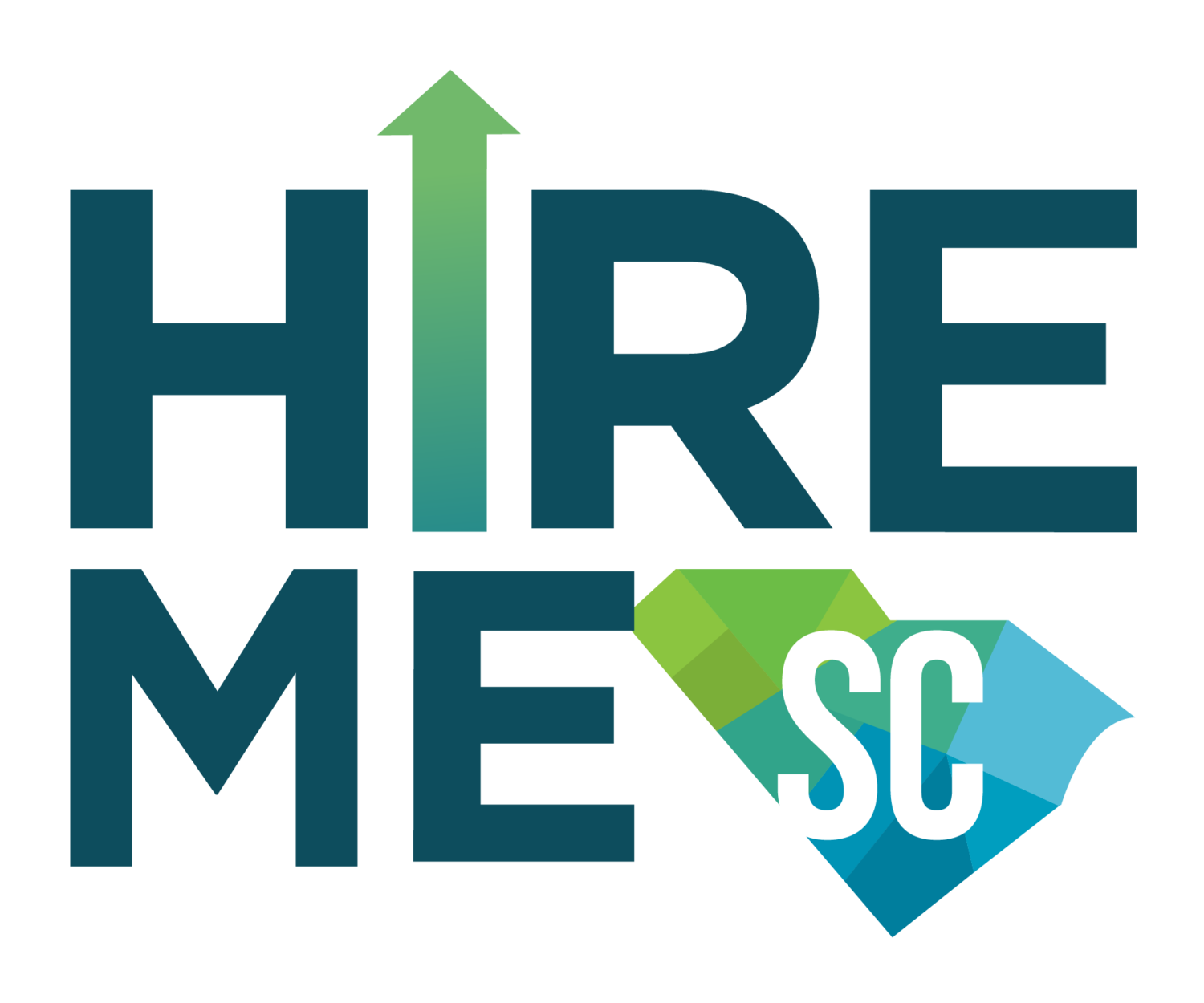Family Resources
As a family member to a person with a disability, what role do I play in their life?
As the parent, sibling, or guardian of someone with a disability, you are aware of the large role you play in their everyday lives and future. You may not know where to start, but with information from resources and support from others in your community, you can empower your loved one to reach their employment goals.
The internet offers a variety of free, easy-to-understand resources for families of individuals with disabilities looking to learn more about how to support their loved ones without overstepping boundaries.
Understood has blog posts and podcasts that are easy to follow and tailored to families like yours.
The Federation of Families of South Carolina provides resources that help to address the unique needs of children and youth with emotional, behavioral, and mental disorders and their families.
What is Supported Decision Making?
For parents and guardians of people with disabilities, you may often find yourself making decisions on their behalf. While you may have the best of intentions when making decisions for your loved one, you may be restricting their self-determination: their freedom to control their own life.
When your family member with a disability reaches a certain age — just as all adolescents do — you should encourage them to start making their own decisions and provide them with support if needed. With Supported Decision Making, a person with a disability is able to choose who is a part of their support system and have the final say on their decisions, unlike guardianship, where they do not have the right to make their own decisions.
The Center for Parent Information and Resources (CPRI) has videos, webinars, success stories, and more to assist you in better understanding supported decision-making and how to create legal agreements. All the materials found on the CPIR Hub have been created and archived for Parent Centers around the country to provide support and services to the families they serve.
For even more resources on Supported Decision Making, you can visit the SC Supported Decision Making Project website for a full list of resources, or explore the following materials:
How can I connect with real people who understand my family’s needs?
Finding the support you need in learning how to better enable your family member with a disability to be more independent can be found in places beyond resources and informational videos. Expanding your network and connecting with other families like yours is a valuable way to learn techniques and information that will help you advocate for your loved one with a disability. There are also professionals who can answer your questions and provide you with free support in real-time.
If you are a guardian or parent of a young child with a disability, you could benefit from information and resources shared by Family Connection of South Carolina (FCSC), the Parent Training and Information Center (PTI) for this state. FCSC can help you with all of the following and more:
Contact their Family Resource Center, the central point of intake to determine your needs and connect you with the best resources. Call 1-800-578-8750 or make a referral online.
Connect with a support parent, who provides peer-to-peer emotional support and information to families of individuals with disabilities or other special needs.
Access the Family Resource Portal, a statewide directory of resources to connect families, providers, and other professionals with service and information.
Participate in virtual training and classes on supporting your family member.
How can I prepare my family member with a disability to become more independent?
It is never too early to think about transition. Whether your loved one is transitioning from high school into adulthood or learning a new job, becoming more independent and obtaining skills that will help them for the rest of their lives should start at home.
Preparing for life after high school may seem like a daunting task, but many others with disabilities have done it and continue to do so every day. There are many resources available for those looking to prepare students for life after graduation.
Access the Family Resource Center’s Transition Toolkit for Parents & Students.
Disability Rights SC has resources on school transition services and the legal effects of becoming an adult.
The Transition Alliance of SC (TASC) has a list of family engagement resources.
Check out PACER’s National Parent Center on Transition and Employment and their Parent Tips for Supporting Success in High School and Beyond.
Becoming an Advocate.
When you are the parent, sibling, or guardian of a person with a disability, it is important to advocate for them, especially if they are too young to advocate for themselves. If your loved one is a child, you can get tips and learn more about self-advocacy here.
If you’re looking to learn about organizations and coalitions that can teach you more about advocacy, you should check out these resources:
One of the key ways to become a true advocate for people with disabilities is to educate yourself on laws and policies surrounding disability rights. Disability Rights South Carolina is a great resource for those looking to educate themselves on disability rights and public policy, as well as getting access to resources such as legal support.
You can also find resources, upcoming events, and more throughout the Hire Me SC website or contact our team to learn more.
